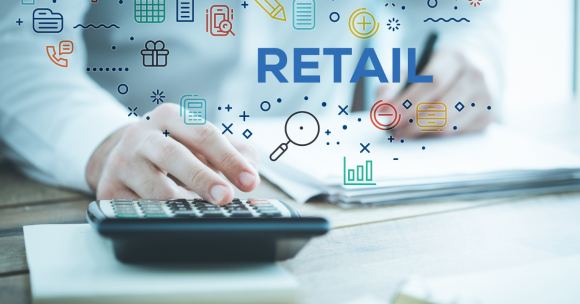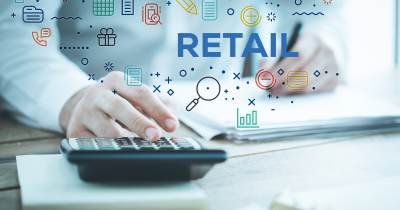We stand on the brink of a new chapter in e-commerce and retail business. With AI in retail, businesses can enhance customer experiences in new and exciting ways.
During artificial intelligence (AI) chatbots’ short but steep rise to fame, generative AI (Gen AI) has completely changed how we shop and how businesses serve their customers.
This tech is reshaping every aspect of the retail experience right down from how retailers optimize their supply chains to how personalized shopping recommendations find its way onto customers’ feeds.
Gen AI in the retail industry
Virtual fitting rooms and voice-activated reminders are no longer confined to science fiction movies.
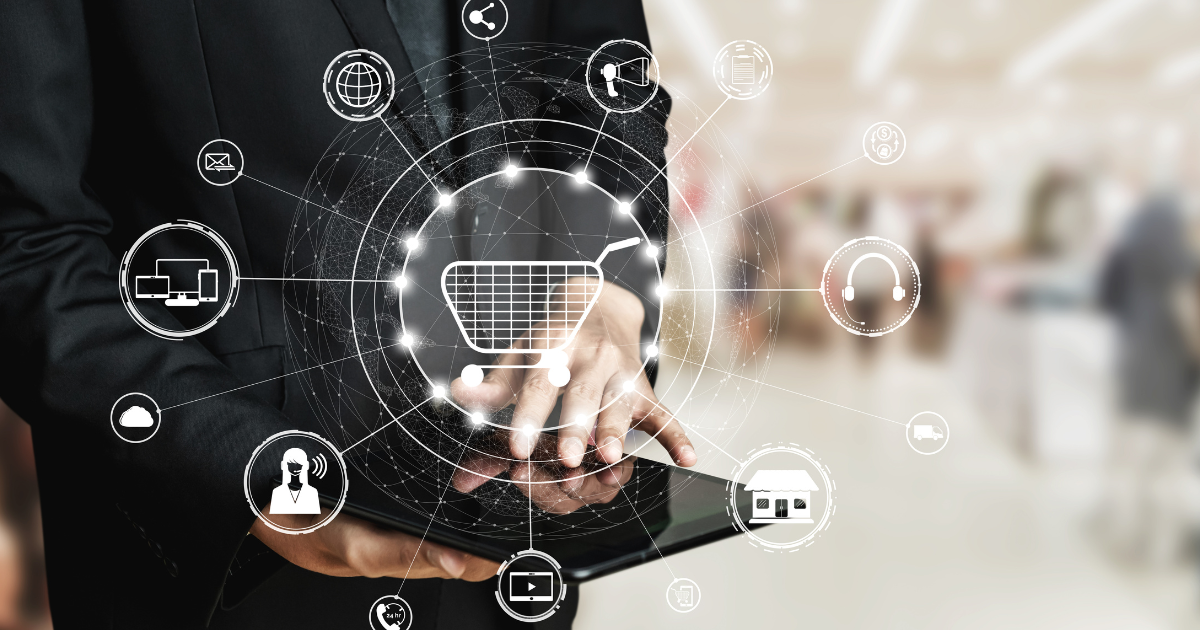
We previously explored some of the basic ways retailers use Gen AI to transform a customer’s shopping experience.
This included using ChatGPT’s image generation capabilities to create new product models. Some retailers even used AI to analyze customer reviews or recommend personalized experiences.
However, this tech continues to advance and evolve at breakneck speed. Let’s look at several fresh takes on the benefits of generative AI in the e-commerce and retail industry.
AI in brick-and-mortar retail stores
Physical retail isn’t dead; it’s getting smarter.
Retailers can make the most of this trend in several ways – from AI-powered, automated inventory management and systems ensuring shelves are always stocked to smart mirrors for virtual try-ons.
Beyond just stock control and something fun to do for customers, smart shelves can also be used for targeted marketing, product performance data collection, and enhanced engagement between customers and the product on display.
You would need sensors, digital displays, RFID tags, and an Internet Of Things (IoT) ecosystem, but it would be worth the investment (and the research) in the long run.
AI in retail: Fashion and beauty
Virtual try-ons aren’t just for sunglasses and hairstyles anymore. AI is now powering everything from custom-fit clothing recommendations to personalized skincare routines.
It’s like having a stylist and dermatologist on call 24/7. But you might ask why you need virtual try-ons in the first place.
Well, Snap’s Global Product Marketing Lead shows that businesses lose up to $550 billion annually to customers returning items.
It also offers so much more than just ensuring clients find the right fit. Having virtual make stations reduces the uses of (and waste associated with) tester products.
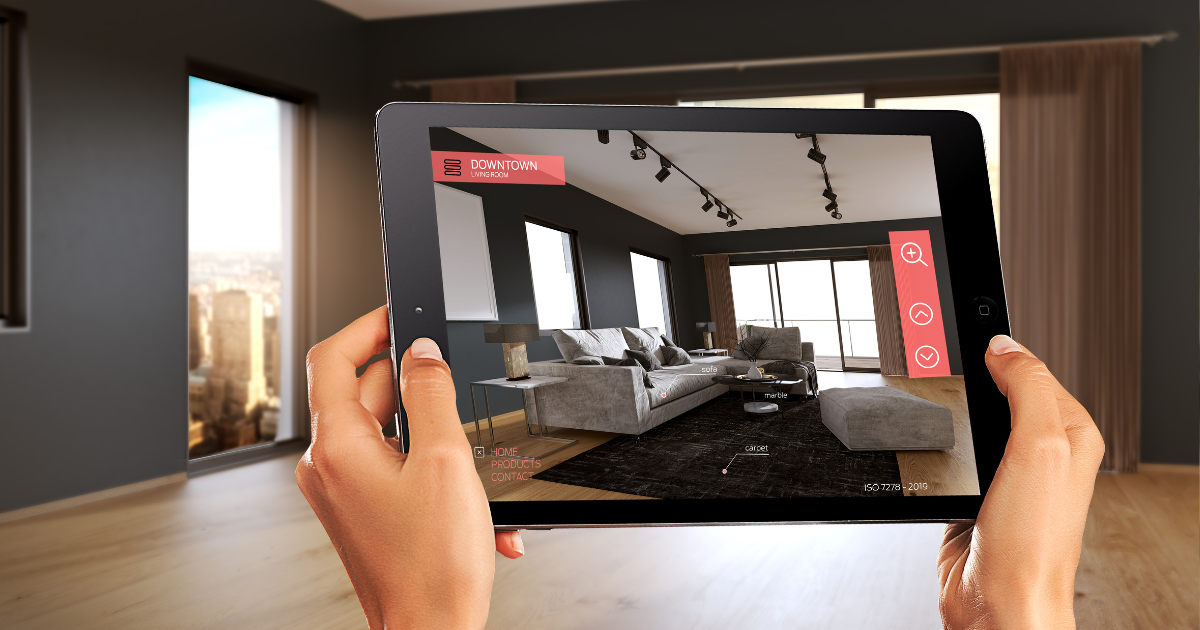
Who’s getting it right? Sephora’s Virtual Artist tool for makeup is a prime example of what can be achieved with this type of tech.
AI in Retail: Smart fashion and skincare
- Recommend clothing sizes based on body measurements.
- Use AI-powered analysis for personalized skincare recommendations.
- Create AI stylists to suggest outfits based on personal style and occasion.
Dynamic pricing is here to stay
Remember when prices were fixed? AI is changing that.
Tech-savvy retailers are now using machine learning to adjust prices in real time based on demand, inventory levels, and even weather forecasts.
It’s a win-win for everyone because retailers have control to optimize their business and profits while customers can snag deals at the right time.
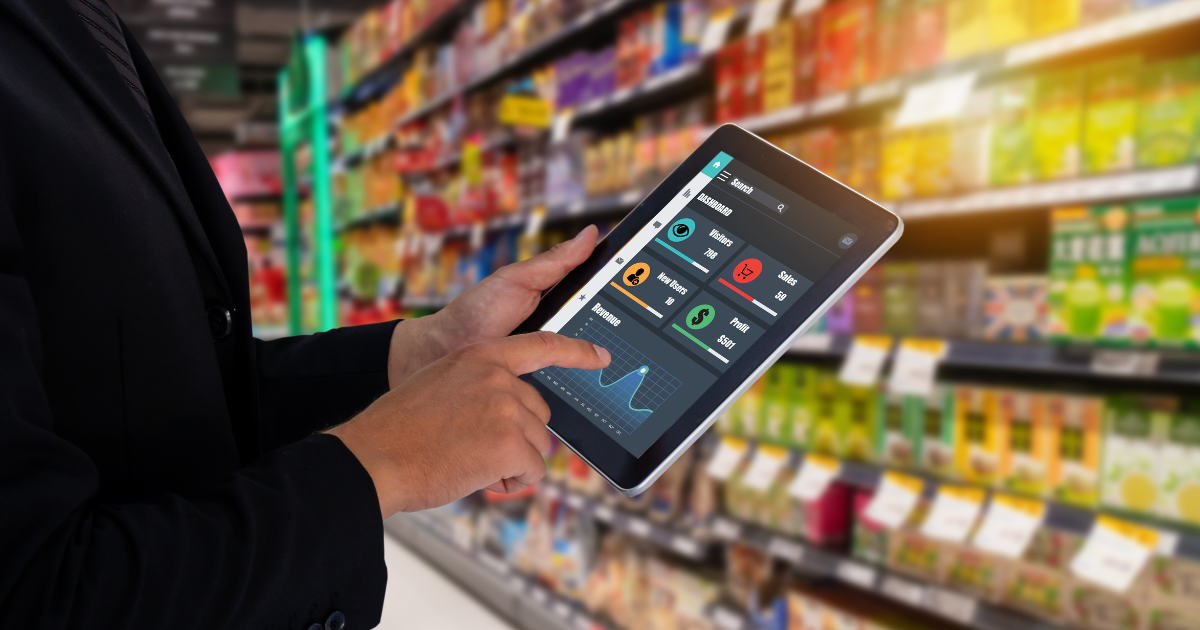
Who’s getting it right? Uber uses a surge pricing model that uses AI to adjust prices based on consumer demand.
AI tailored pricing: Boost sales and customer satisfaction with real-time insights
- Use AI to adjust prices based on real-time demand and inventory levels.
- Implement personalized pricing based on customer loyalty or purchasing history.
- Use AI to predict optimal times for sales and promotions.
- Adjust prices based on competitor pricing in real time.
Cross-channel experiences
The lines between online and offline shopping are blurring, but all is not lost for brick-and-mortar businesses.
AI can help retail and e-commerce businesses to create seamless experiences across all channels.
Picture this: A customer can start their shopping from their phone – perhaps via a mobile-optimized web app or an app. If they want, they can even switch to their laptop and continue the process on the website.
This journey ends in your store, either with them shopping for an item in-store, or perhaps they placed the order online and you ship it to them from your store or warehouse.
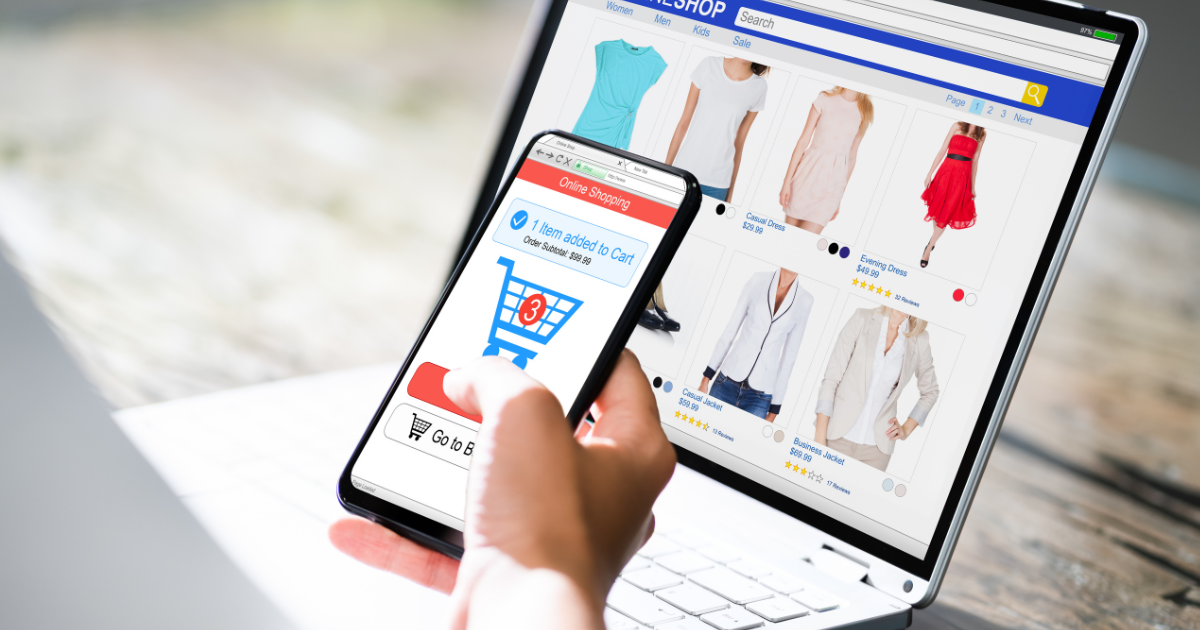
This process is seamless with with AI tools, artificial intelligence since it remembers customer preferences every step of the way.
AI-powered omnichannel customer experience:
- Use AI to create product recommendations across all channels.
- Use AI-powered chatbots to handle inquiries across all channels.
- Use AI to track customer journeys and provide seamless experiences.
- Offer AI-driven loyalty programs that work across online and in-store purchases.
Who’s getting it right? Nike’s app offers personalized experiences for both in-store and online sales. Nike also keeps the customer experience in mind during the entire process.
AI in the retail industry: For sustainability
Sustainability is a hot topic at the moment and retailers are leveraging AI to make their supply chains eco-friendly.
Some retail companies are even using AI to help customers make more eco-friendly choices, suggesting products based on sustainability ratings.
Who’s getting it right? Walmart’s Eden technology uses AI to assess the freshness of produce. This goes a long way to reduce food waste.
Sustainable and efficient operations:
- Use AI to source products from sustainable suppliers.
- Use AI to optimize delivery routes and reduce carbon emissions.
- Implement AI-driven inventory management to reduce overstock and waste.
- Offer tools to help customers calculate the environmental impact of their purchases.
These trends are proof that AI is not just changing how we shop and how businesses and retail operations operate – it’s redefining the entire retail experience. Welcome to the new age of shopping, where AI is your personal retail assistant.
About the author
Cheryl has contributed to various international publications, with a fervor for data and technology. She explores the intersection of emerging tech trends with logistics, focusing on how digital innovations are reshaping industries on a global scale. When she's not dissecting the latest developments in AI-driven innovation and digital solutions, Cheryl can be found gaming, kickboxing, or navigating the novel niches of consumer gadgetry.

